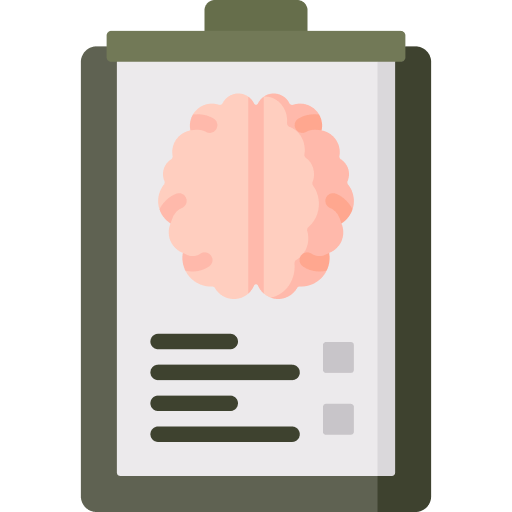Support for
Military & First Responders
Understanding the Unique Needs of Military Veterans and First Responders
Military veterans and first responders are often exposed to highly stressful and traumatic events in the line of duty. These experiences can leave lasting impacts on their mental, emotional, and physical well-being. At Clear River Counseling & Wellness, we recognize the unique challenges faced by these brave individuals and offer specialized support to help them navigate their healing journey.
Common Challenges Faced by Military Veterans and First Responders
Post-Traumatic Stress Disorder (PTSD)
PTSD is a common issue among military veterans and first responders due to their exposure to life-threatening situations and traumatic events. Symptoms of PTSD include:

Intrusive Memories
Flashbacks, nightmares, and recurring distressing thoughts related to the traumatic event.

Avoidance
Steering clear of places, activities, or people that trigger memories of the trauma.

Negative Changes in Thinking & Mood
Feelings of hopelessness, negative beliefs about oneself, and difficulty maintaining close relationships.

Changes in Physical & Emotional Reactions
Hypervigilance, irritability, difficulty sleeping, and self-destructive behavior.
Anxiety & Depression

Anxiety
Persistent worry, restlessness, muscle tension, and difficulty concentrating.

Depression
Persistent sadness, loss of interest in previously enjoyed activities, changes in appetite, and feelings of worthlessness.
Substance Abuse
Some military veterans and first responders may turn to alcohol or drugs as a way to cope with their experiences, leading to substance abuse issues. Symptoms include:

Behavioral Changes
Increased secrecy, neglect of responsibilities, and engaging in risky activities.

Physical Symptoms
Changes in appetite or sleep patterns, weight loss or gain, and unexplained injuries.

Emotional Symptoms
Mood swings, irritability, and periods of unusual hyperactivity or agitation.
Treatments for Dissociation
At Clear River Counseling & Wellness, we offer specialized treatments designed to help individuals understand and manage dissociative symptoms. Our approach is compassionate, holistic, and tailored to meet the individual needs of each client.
Eye Movement Desensitization and Reprocessing (EMDR)
EMDR is a highly effective therapy for processing and resolving traumatic memories that contribute to dissociative symptoms. It helps clients:
-
- Reprocess Traumatic Memories: Through guided eye movements, clients can reprocess traumatic memories, reducing their emotional impact.
- Develop Positive Beliefs: Replace negative beliefs about the trauma with more adaptive, positive beliefs.
- Enhance Coping Skills: Learn new coping strategies to manage stress and emotional distress.
Cognitive Processing Therapy (CPT)
CPT helps individuals challenge and change unhelpful thoughts related to trauma. It focuses on:
- Identifying Maladaptive Thoughts: Recognizing negative thought patterns that contribute to PTSD symptoms.
- Cognitive Restructuring: Reframing these thoughts to promote healthier thinking and behavior.
- Behavioral Activation: Encouraging engagement in meaningful activities to improve mood and reduce avoidance behaviors.
Acceptance and Commitment Therapy (ACT)
ACT helps individuals accept their dissociative experiences while committing to making meaningful changes in their lives. It focuses on:
-
- Mindfulness: Encouraging present-moment awareness to reduce the impact of past trauma on current experiences.
- Values Clarification: Helping clients identify their core values and commit to actions that align with those values.
- Psychological Flexibility: Enhancing the ability to adapt to challenging situations and emotions without being overwhelmed.
Why Choose Clear River Counseling & Wellness?

Experienced Therapists
Our team of therapists has extensive experience in helping individuals improve their communication skills.

Personalized Approach
Each client receives a customized plan tailored to their specific needs and goals.

Holistic Care
We consider the interconnectedness of mental, emotional, and physical well-being in our treatment plans.

Supportive Environment
We provide a safe, non-judgmental space for clients to practice and enhance their communication skills.
